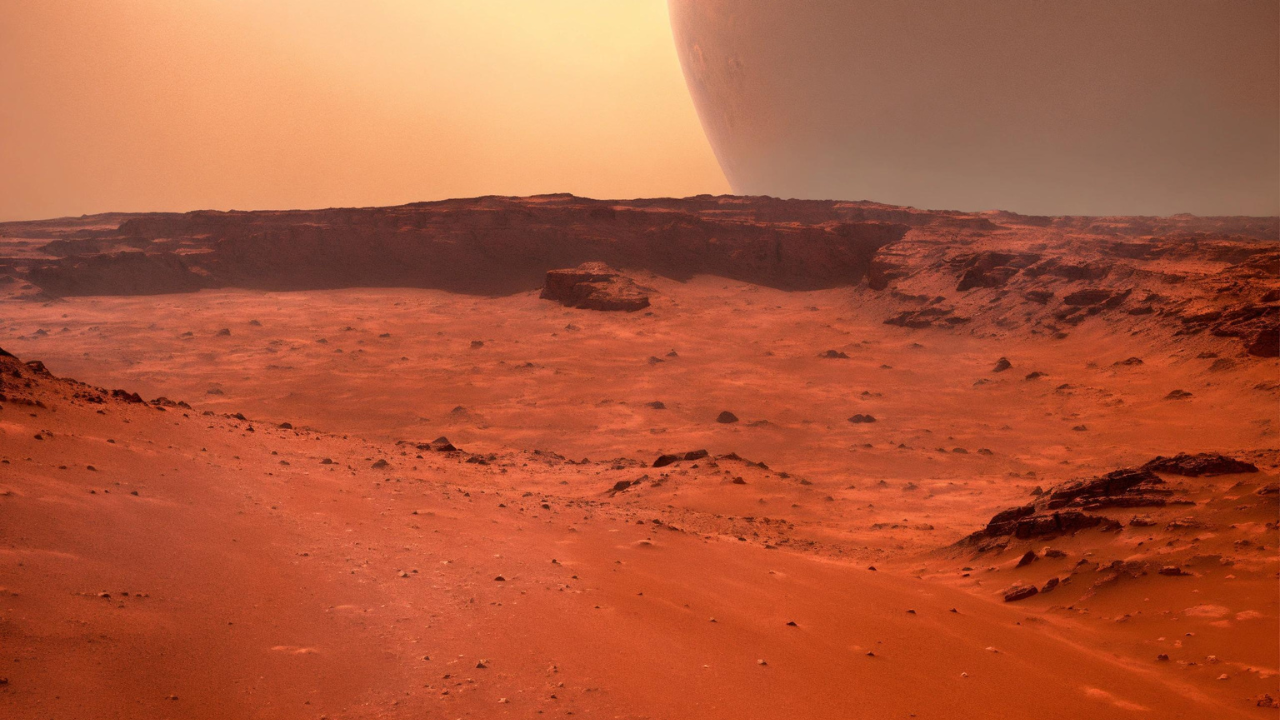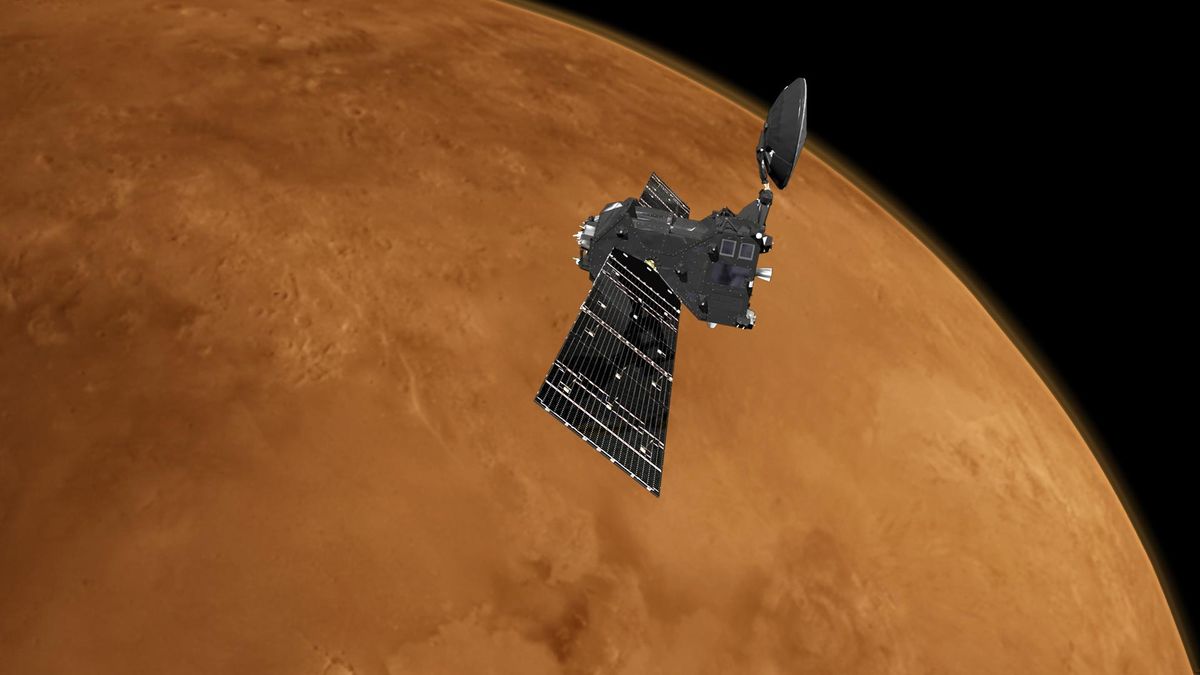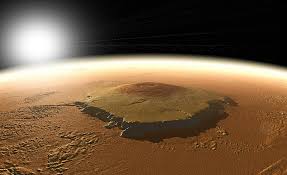Recent research on the gravity field of Mars has revealed many mysteries. Research has revealed huge, hidden structures beneath the surface of Mars, where an ancient ocean once flowed. According to Science Alert, scientists have made this remarkable discovery by combining data from several space missions and advanced modeling. The findings showed that active processes in the Martian mantle could have fueled the growth of Olympus Mons, the solar system’s largest volcano.
Mars is full of many mysteries

Bart Root of Delft University of Technology (TU Delft) presented these fascinating mysteries at the Europanet Science Congress (EPSC) in Berlin, shedding new light on the mysterious interior of this red planet. Dr. Root said, “These dense structures may be volcanic in origin or may be compressed material from ancient impacts. We have identified about 20 features of various shapes scattered across the north polar region, including one that resembles the shape of a dog.”
Dr Root and his research team adopted a new approach to investigating the internal structure of Mars, examining the planet’s gravity field, and examining its internal mass. The density map showed that the north polar is 300-400 kg/m³ denser. The study also revealed new information about the solar system’s largest volcano, Olympus Mons. Dr Root and his team discovered a huge, light structure about 1,750 kilometres wide, located 1,100 kilometres below the surface, causing the Tharsis region to move upward.

Volcanoes may have been active on Mars at some point
”NASA’s InSight mission has provided important new data about the hard outer layer of Mars. “This suggests that Mars may still be experiencing active activity in its interior, which could influence and even create new volcanic features on the surface,” Dr. Root said. Although there are currently no active volcanoes on Mars, this new discovery suggests that Mars may have become volcanically active more recently than previously thought.




